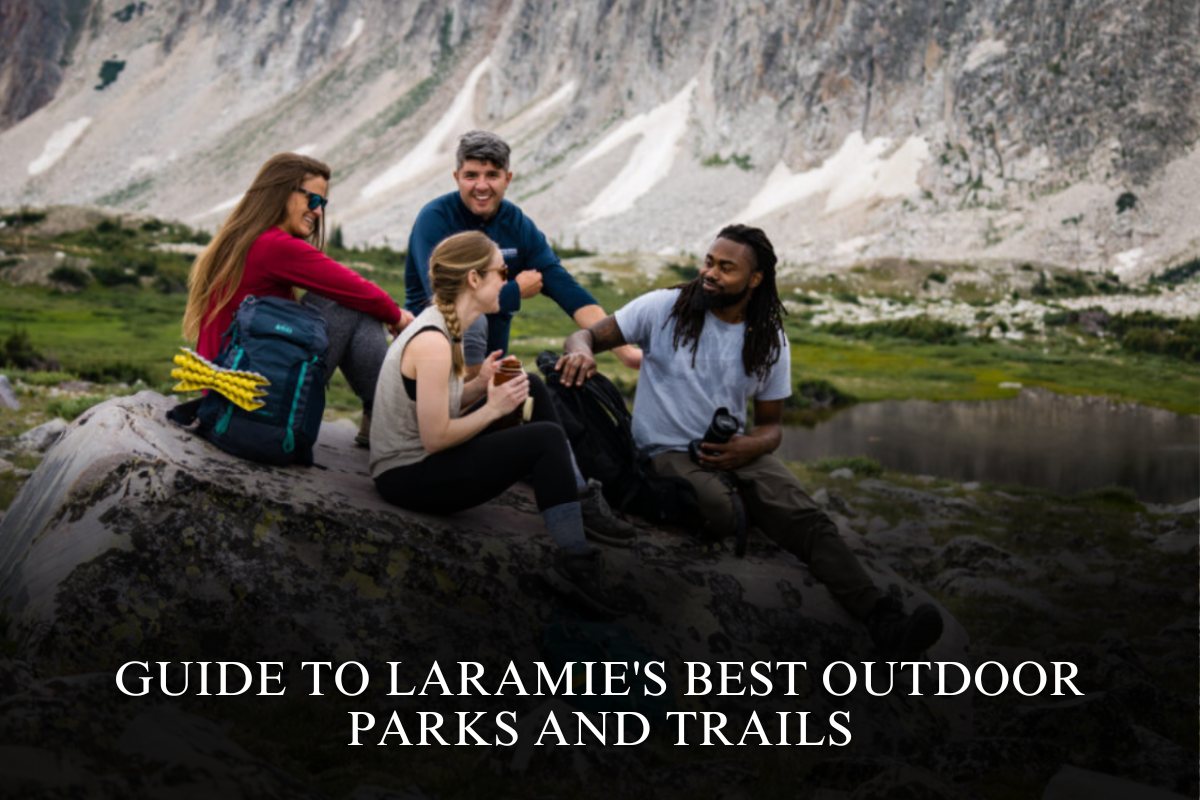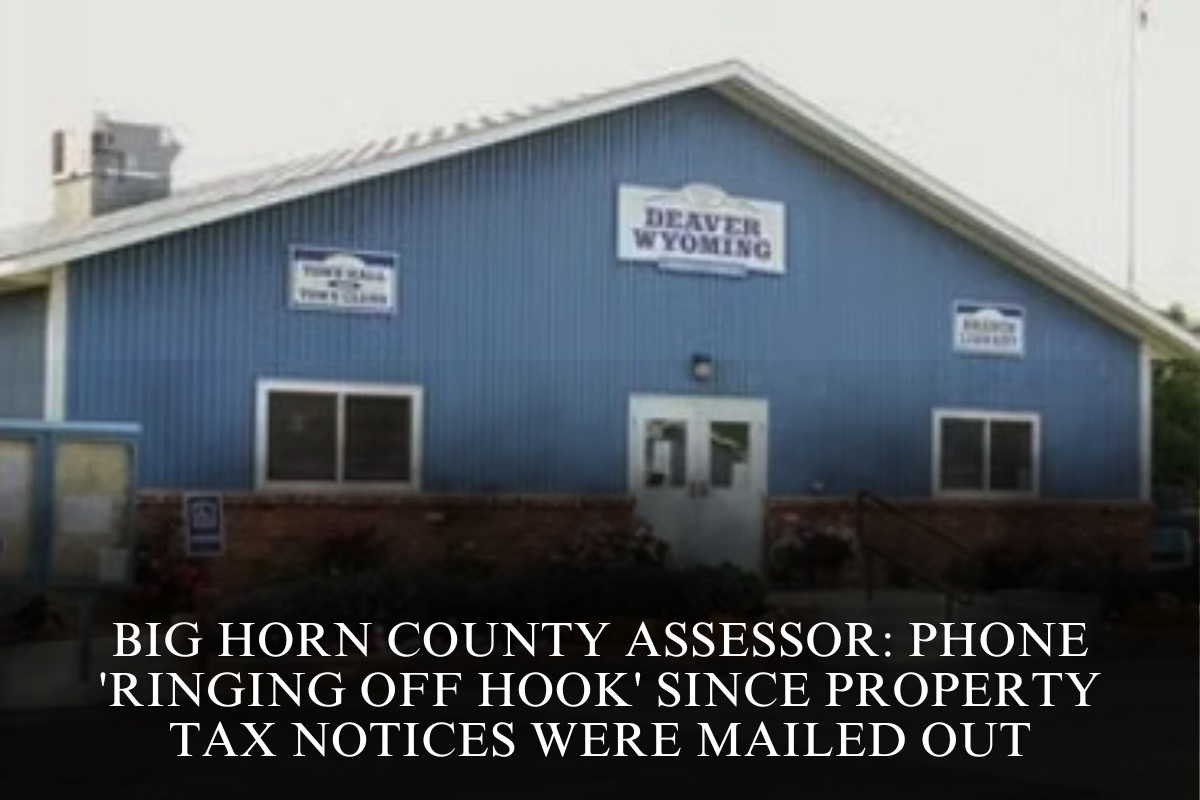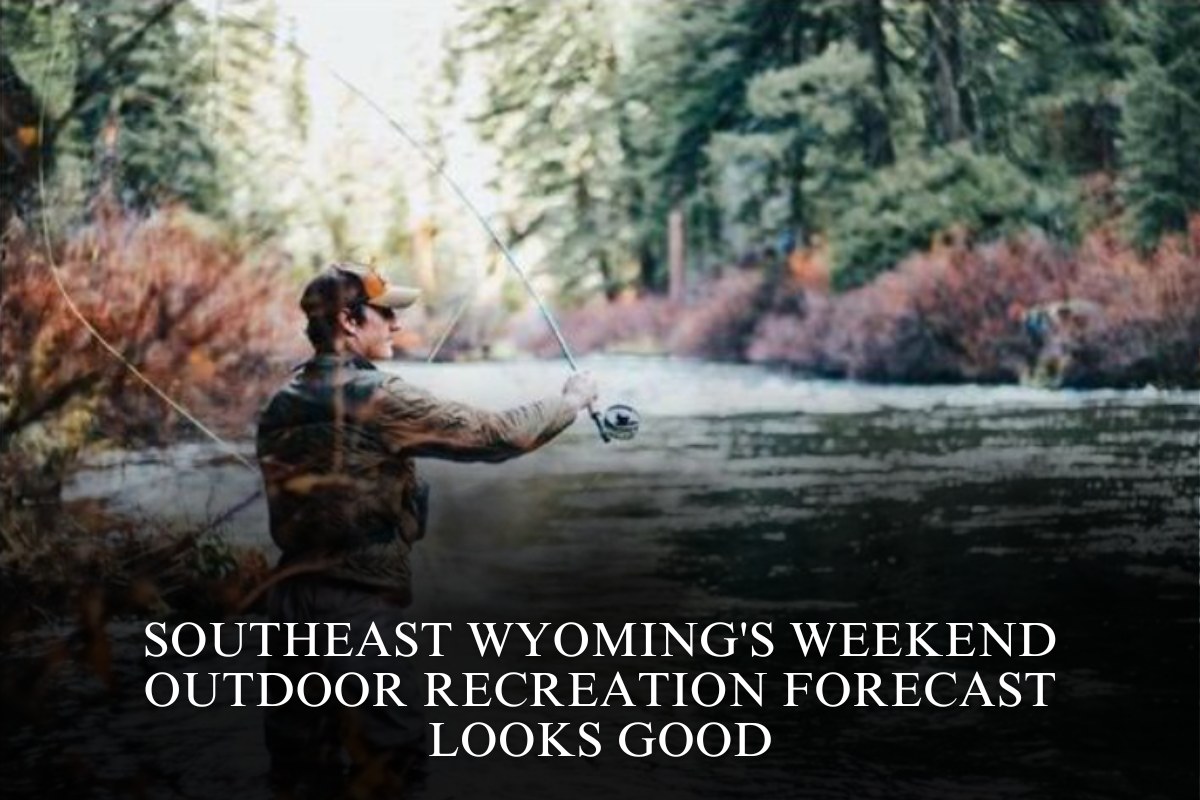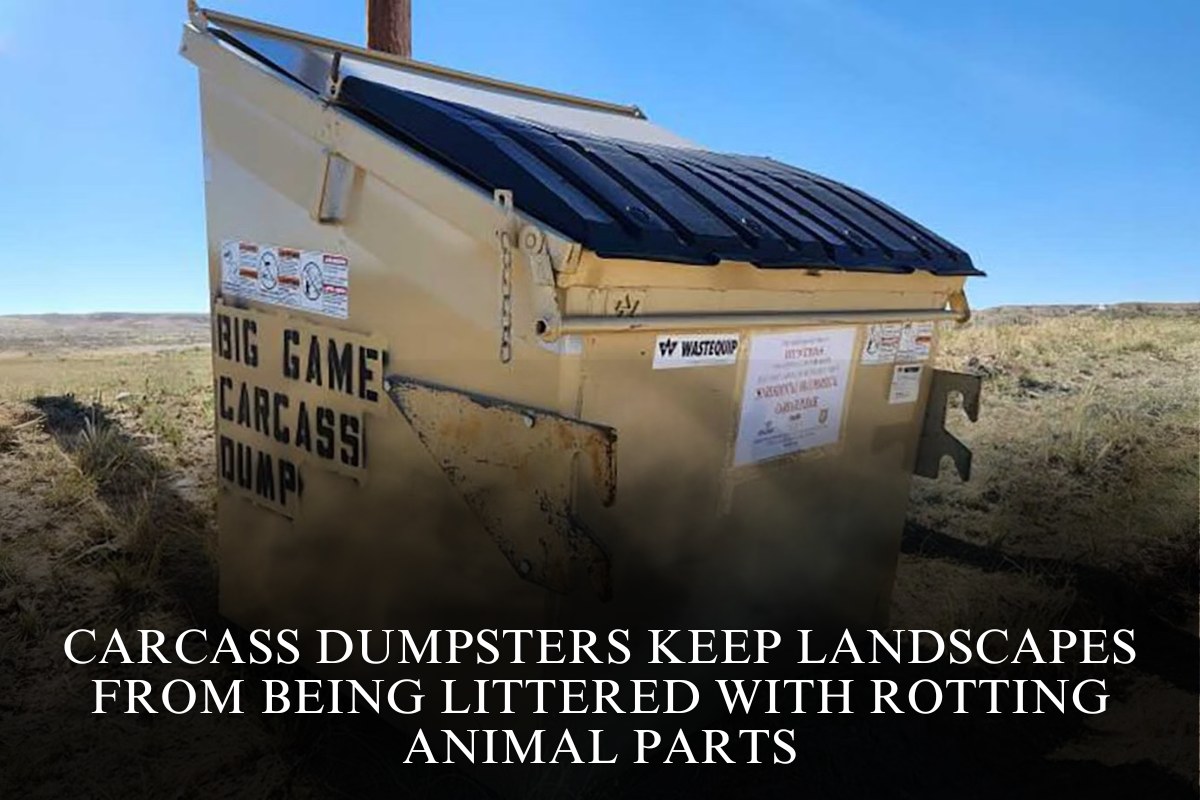Some argue that the Wyoming landowner hunting tag program has deviated significantly from its original intent, resulting in scenarios such as a massive Wyoming ranch snagging 57 tags when each property is only supposed to receive two.
Rusty Bell, a Wyoming Game and Fish Commission member, told legislators on Friday that the massive Pathfinder Ranch, which spans parts of Natrona, Carbon, Sweetwater, and Fremont counties, once had 57 landowner hunting tags.
Bell told the Wyoming Legislature’s Joint Agriculture, State and Public Lands, and Water Resources Committee that the process involved dividing ownership into “sub-corporations” for the purpose of applying for the tags.
The Pathfinder Ranch was recently listed for sale at a price of $79.5 million.
Commission Is Done, Now It’s Legislature’s Turn
Some argue that limiting property ownership to about 1% per person and then allowing each “owner” to apply for a landowner tag constitutes an unethical abuse of the Wyoming Game and Fish Department’s landowner hunting tag program.
It has been suggested that majority ownership, such as 20% or more, be required to qualify for the tags.
Others have noted that in many of Wyoming’s multigenerational family ranches, the percentage of ownership decreases as land is passed down from generation to generation.
So a percentage of ownership requirement would exclude Wyoming family farmers and ranchers, the very people the landowner tag was designed to reward when it was introduced in 1949.
That’s just one aspect of the complex and contentious issue of landowner tags.
The Game and Fish Commission recently rejected proposals to expand the landowner tag program by increasing the number of acres and animal use days required to qualify.
Those issues fell under the commission’s purview.
The next burning questions about landowner tags would necessitate changes to state statute, so they will fall to the Wyoming Legislature.
These include whether the number of tags available in a given hunt area should be limited and whether tag holders should be able to transfer or sell them to people other than their immediate families.
The committee took no action in the matter. The Legislative Services Office (LSO) was directed to draft two bills. One would deal with potential tag caps. The other would determine whether tags could be sold.
What Are Landowner Tags?
The landowner tag program was established to show appreciation to property owners who provide habitat for wildlife.
The program allows qualified property owners to apply for two hunting tags for each huntable species. These animals include elk, deer, antelope, and wild turkeys.
According to Game and Fish regulations, to be eligible for a tag, you must own at least 160 contiguous acres in a draw-only hunt area for each species you apply for.
If general hunting tags, which can be purchased over the counter, are legal in that area, the property owner cannot apply for landowner tags.
The land must also provide food, shelter, and water for the species being applied for. Furthermore, it must provide at least 2,000 days of use per year for the species for which the landowner is applying.
For example, if 10 deer live on the land for at least 200 days per year, that counts as 2,000 days of use.
Similarly, if 500 elk live on that land for four days per year, that would count as 2,000 days.
Tags can be given to immediate family or stepfamily members, but they cannot be sold under current regulations.
Would Selling Tags Be Monetizing Wildlife?
Many hunters are strongly opposed to putting landowner hunting tags up for sale. They argue that this would monetize wildlife, making hunting a sport for the wealthy.
Furthermore, hunters argue that it would violate the ethics of the North American model of wildlife management, which views wildlife as a public trust for all people rather than the property of a wealthy few.
Others argue that landowners in other Western states can sell their tags, and it has not harmed hunting ethics in those states. Furthermore, it would provide an additional revenue stream for struggling farms and ranches.
Wyoming Game and Fish Director Angi Bruce told the committee that capping landowner tags could alleviate some of the concerns raised about selling them.
“Currently, without the cap, there is concern that more landowners will apply because of the ability to sell. “So, with that cap, you could control it,” Bruce explained.
Rep. Tomi Strock, R-Douglas, said that generating additional revenue from the sale of landowner tags could make a significant difference for some family-run agricultural operations, which hunters should appreciate.
“If we don’t have ranches, I apologize. I’m not sure where they’re going to hunt if there aren’t these farms and ranches to go to,” she said.
Sen. Laura Pearson, R-Kemmerer, said capping the number of tags could lead to resentment among landowners.
A farmer might say, “We were offered millions of dollars to build a solar farm on our property. And we decided not to. Why? Due to the wildlife. Due to the habitat. Because we want Wyoming to remain Wyoming. So we can say the same thing. Do you want to cap us? “Why don’t we just turn our farm into a solar farm?” she asked.
According to Game and Fish, in some cases, all of the tags for a species in a specific hunt area have gone to landowners, leaving none for other hunters to apply for. However, such instances are rare.
How Much Of An Overhaul Is Needed?
Nephi Cole, a spokesman for the National Shooting Sports Foundation, told the committee that the landowner tag program had strayed so far from its intended purpose.
“We are asking the Game and Fish Commission and the Director to drive a broken car. We’re asking them to drive a system that doesn’t really work,” he explained.
Pearson stated that there are ongoing issues with parcels being marketed and sold primarily as private hunting grounds because they qualify for landowner tags, which are split among small percentages of ownership.
“And I feel that if we don’t get to some point where we’re able to mitigate these problems, this is just going to continue,” she told the audience.
Gigantic Wyoming Ranch Once Received 57 Landowner Hunting Tags; Legislature Eyes Cap
by Joseph
Published On:












